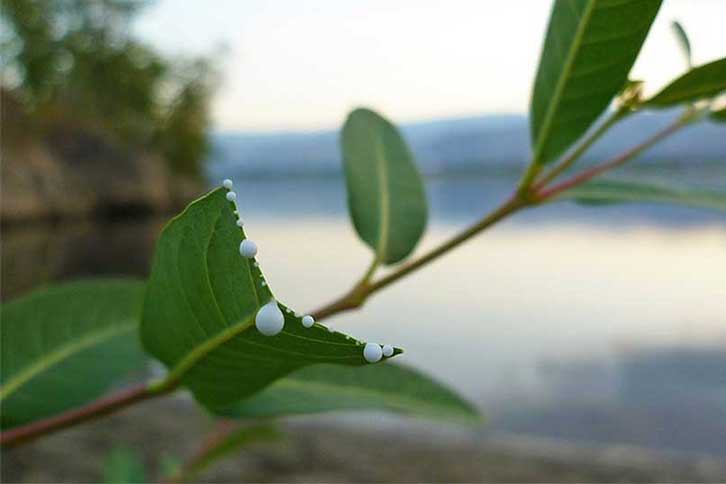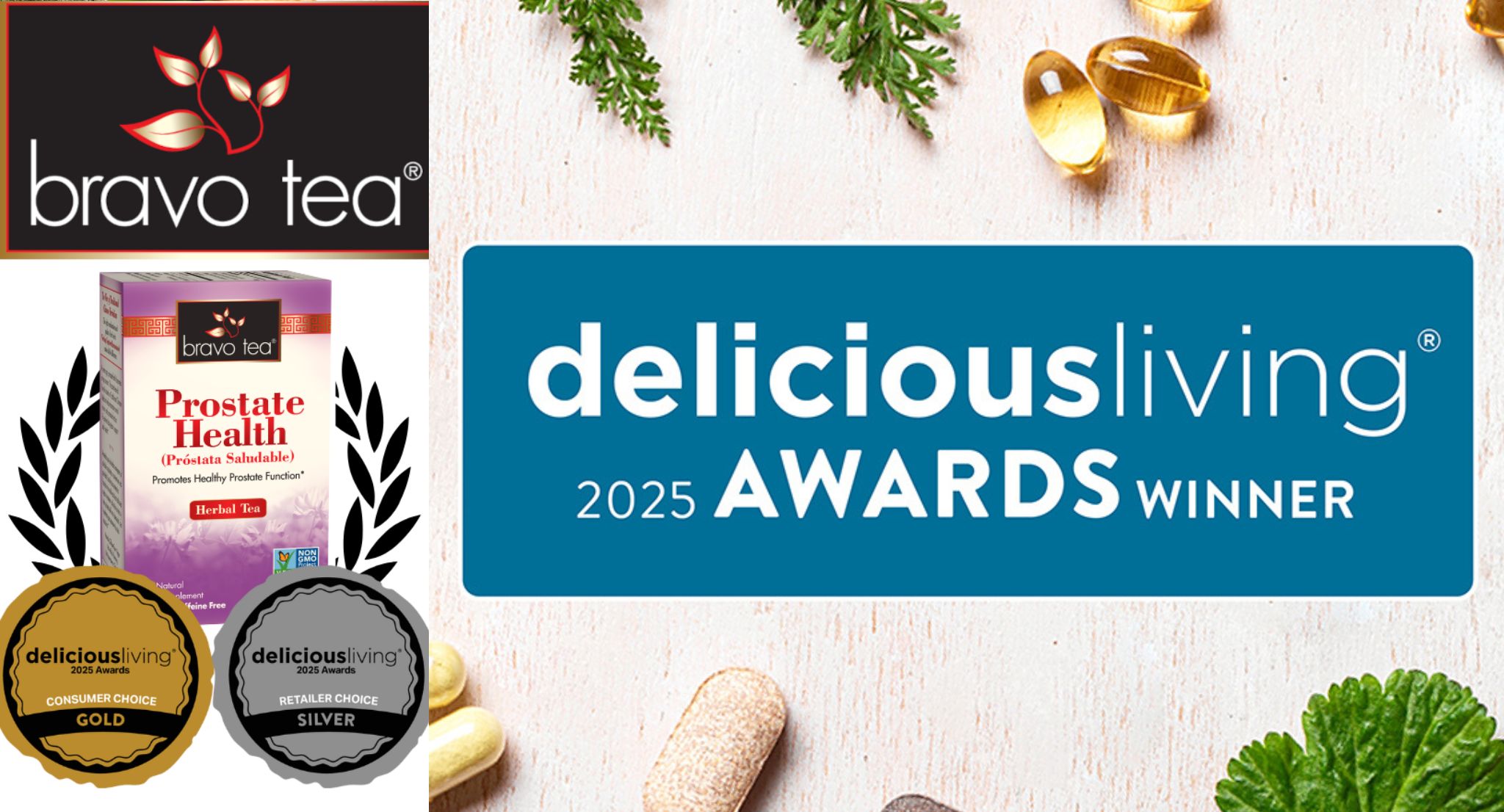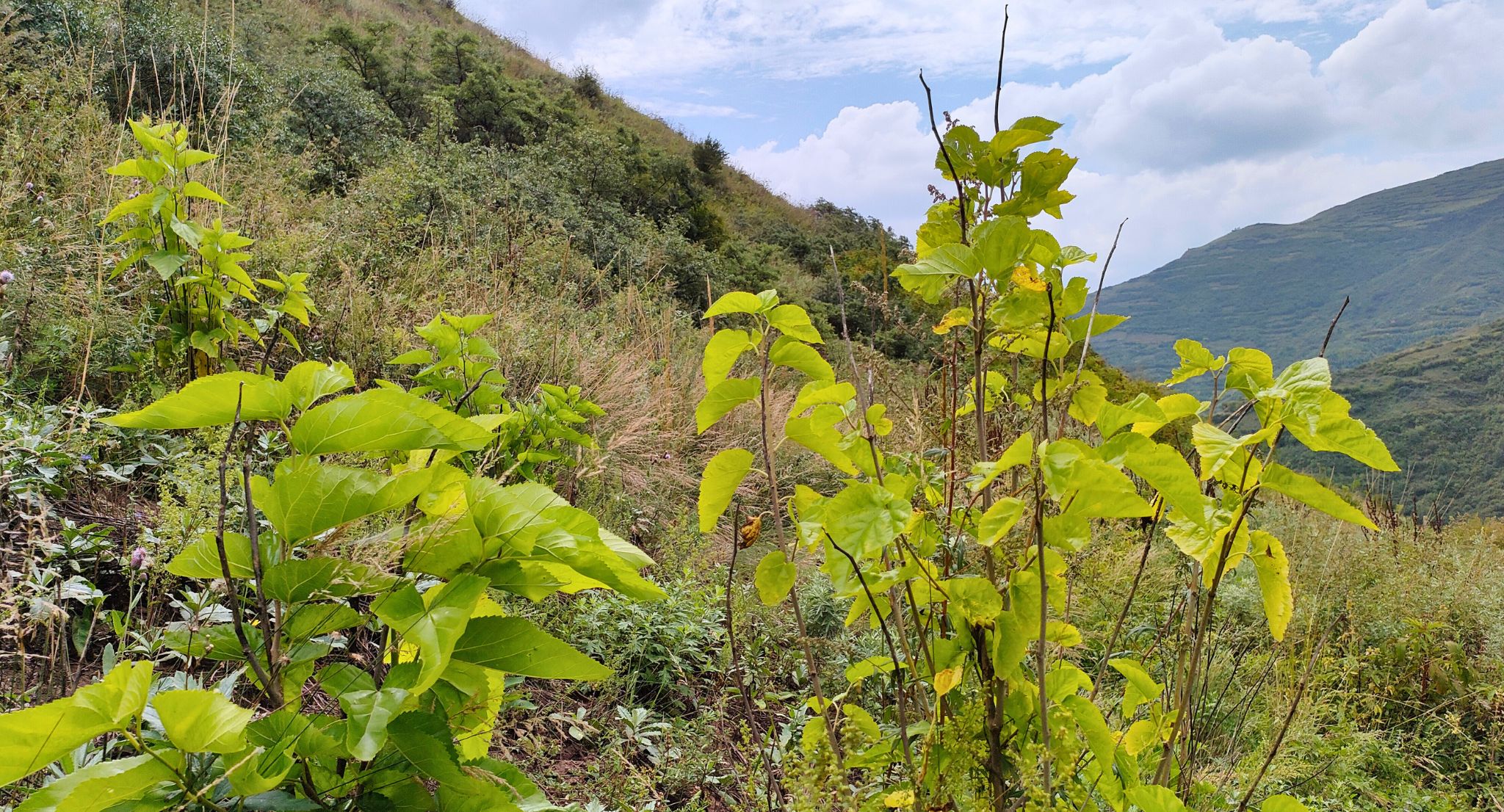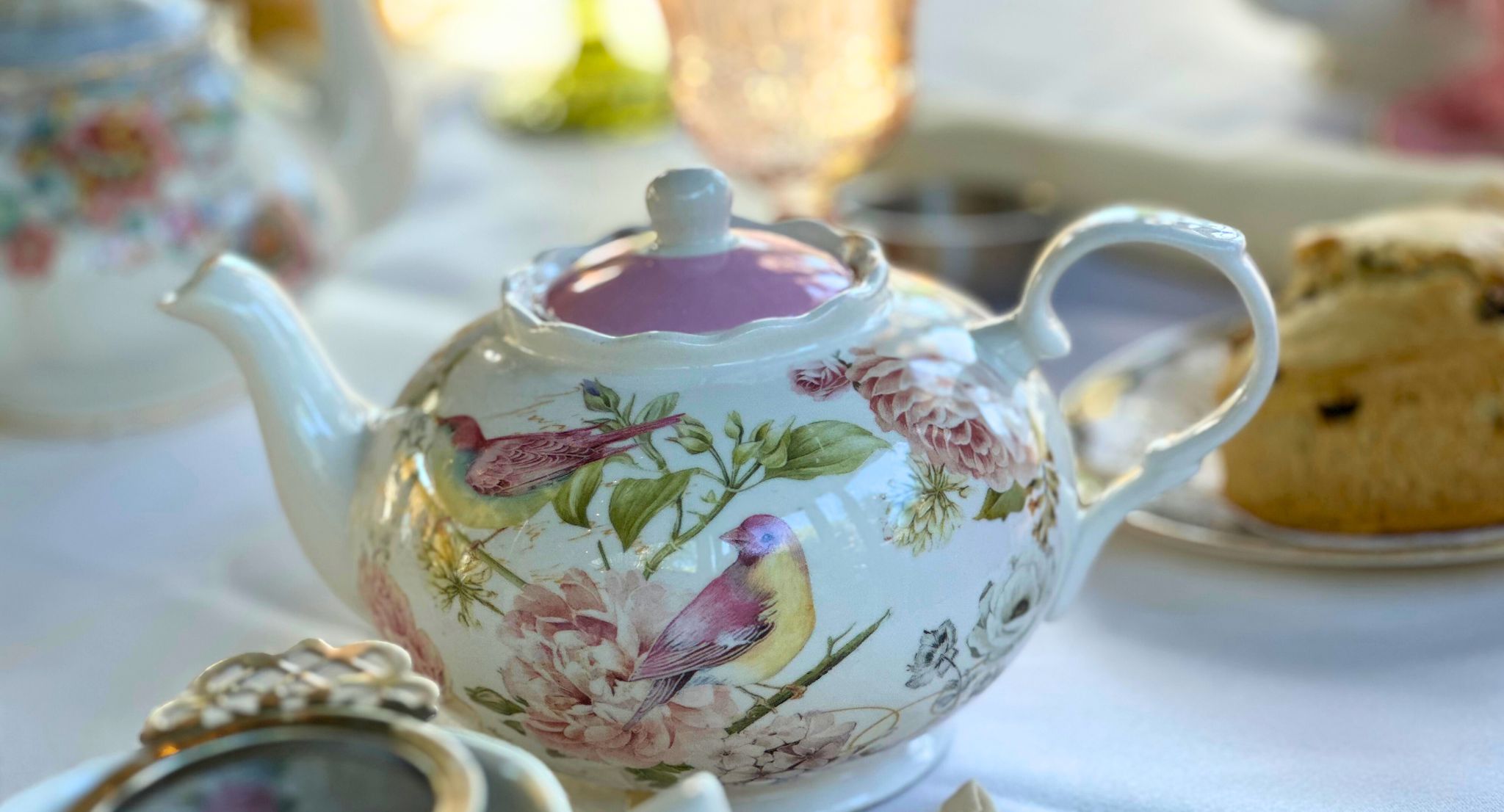Luo Bu Ma -Apocynum Leaf
Apocynum leaf is one of the lesser-known herbs originating in Asia, especially in North America. Its use has been limited to folk remedies and as a healthy tea drink for many years but now is becoming a popular ingredient in herbal formulas. Scientists in the West and across Asia are also looking at the possible health benefits of apcoynum venetum leaf.
Botanical Properties of Apocynum
Apocynum plants are hearty drought resistant plants that can survive in windy, sandy, and salty conditions like near the seaside. The raw leaves produce a milky liquid when crushed. The plant produces bell shaped red or pink blooms during the early summer months. The plant is native to Northern China. The herb is so popular in Northern China that wild growing apocynum plants are rare and governments enacted protective measures to save the species.
Luo Bu Ma in TCM
Apocynum’s Chinese name is Luo Bu Ma and is called Rafuma in Japanese. The herb has been used in both Uygur and Chinese herbal traditions for centuries. A 15th century herbal book called the Jiu Huang Ben Cao recommends apocynum as a food or tea during times of famine. In Mongolia and other parts of Asia, the leaves are made into a tea which is thought to help support healthy blood pressure and have a relaxing effect.
Sweet and Cooling Herb
Luo Bu Ma is categorized as cool and sweet in traditional Chinese herbalism. Sweet herbs in TCM are thought to be associated with the spleen system in the body. They’re also known for having a soothing effect and are thought to help generate fluids in the body.
Top Benefits of Luo Bu Ma in TCM
Calms Spirt
Heat Clearing
Liver Health
Clears Blood Stasis
Promotes Blood Flow
Cleans Blood Vessels
Clears Dampness
Research on Luo Bu Ma
There is a surprising amount of research studies related to apocynum leaf not just out of Asia but also from North America. The research covers many areas of human health including studies on depression, anxiety, blood sugar or fat, heart health, and more.
Top Scienced Backed Health Benefits of Apocynum Leaf
Healthy Blood Pressure Support
Antioxidants
Cardiotonic
Liver Health
Calming for Anxiety
Healthy Cholesterol Support
Antidepressant Effects
New Compounds Found in Apocynum
Other research focuses on the chemical compounds found in the plant, which is crucial for understanding why it’s so popular as a folk health remedy and its possible health benefits.
A chromatographic study revealed four new compounds in the flavonoid category. The compounds named apocynins A, B, C, and D are classified as flavan-3-ols. This class of flavonoid derivatives are thought to be beneficial for heart health and fighting issues caused by obesity. The plants have been shown to contain glycosides, organic acids, minerals, and other health supporting compounds.
Healthy Compounds in Apocynum
Quercetin
Kaempferol
Rutin
Calcium
Manganese
Copper
Aluminum
Flavonol Glycosides
Heart Health
One of the most popular applications of apocynum in China is in teas that promote healthy blood pressure. A study interested in the underlying mechanism of apocynum leaf’s nitric oxide releasing properties made some interesting findings. Like all other traditional herbs, apocynum leaves are high in polyphenols like flavonoids and other components.
Regular intake of polyphenol-rich beverages and foods reduce the risk of cardiovascular diseases and its complications, mainly by reducing vascular oxidative stress and improving vasodilatation (helping blood vessels to relax) in blood vessels.
Apcoynum on Endothelium Relaxation
Several studies have indicated that endothelium-dependent relaxation induced by polyphenols in apocynum is “mainly mediated by activation of the phosphatidylinositol-3 (PI3) kinase/Akt signaling pathway”. Inside the heart and blood vessels, the endothelium is a membrane that control vascular relaxation and contraction. The cells of the endothelium release substances the relaxation of the heart and blood cells and along with blood thinning enzymes and immune supporting properties.
While these are all part of the body’s natural function, those suffering from heart health problems can’t produce the enzymes needed to control healthy blood pressure and soothe inflammation.
Blood Vessel Relaxation and Protection
A study showed that an extract from apocynum extract worked as a vasodilator (relaxing and opening of the blood vessels) because it released nitrous oxide into the endothelium. The extract also increased the availability of nitrous oxide within the endothelial cells, creating a vascular-protective effect. Researchers think it’s likely that the high levels of antioxidants and free-radical scavenging also contributed to the abundance of nitrous oxide in the cells.
This study helped to advance the understanding of why apocynum has long been used as a folk remedy for heart health and provided a clearer understanding of how it works on a cellular level.
References
Lau, Y. S., Ling, W. C., Murugan, D., Kwan, C. Y., & Mustafa, M. R. (2015). Endothelium-Dependent Relaxation Effect of Apocynum venetum Leaf Extract via Src/PI3K/Akt Signalling Pathway. Nutrients, 7(7), 5239–5253. https://doi.org/10.3390/nu7075220
Xiong, Q., Fan, W., Tezuka, Y., Adnyana, I. K., Stampoulis, P., Hattori, M., Namba, T., & Kadota, S. (2000). Hepatoprotective effect of Apocynum venetum and its active constituents. Planta medica, 66(2), 127–133. https://doi.org/10.1055/s-2000-11135
Lau, Y. S., Ling, W. C., Murugan, D., Kwan, C. Y., & Mustafa, M. R. (2015). Endothelium-Dependent Relaxation Effect of Apocynum venetum Leaf Extract via Src/PI3K/Akt Signalling Pathway. Nutrients, 7(7), 5239–5253. https://doi.org/10.3390/nu7075220






